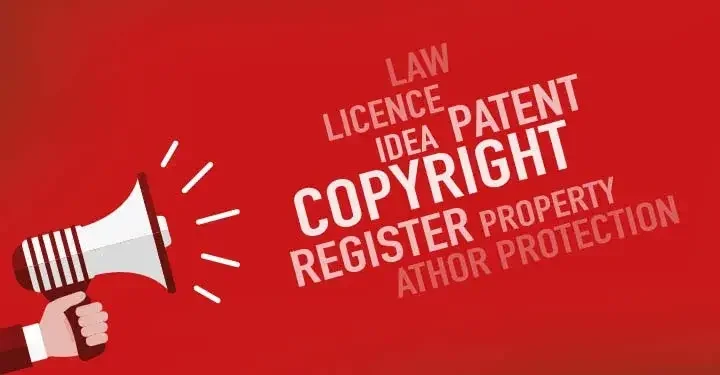Comedians, YouTubers, bloggers, and everyday people regularly make fun of governments, politicians, and other public figures. Doing so is a common way to communicate messages or personal points of view to the world at large. Many of these instances fall under the umbrella of parody or satire, two forms of creative expression that are viewed differently in the eyes of the law.

Fair use and copyright
When an author claims fair use, they are claiming an exception to the protections that copyright law offers—it is a defense against accusations of copyright infringement. The doctrine of fair use allows authors to use a copyrighted work as a way to introduce commentary or criticism to the public through parody or satire. There are four factors courts use when determining whether the use of a copyrighted work is fair use. Per U.S. Copyright Law, those factors are:
- The purpose and character of the use
- The nature of the copyrighted work
- The amount and substantiality of the copying in relation to the copyrighted work as a whole
- The effect of the use upon the potential market for or value of the copyrighted work.
Fair use in satire and parody
Although the law treats parodies and satires differently when considering a defense of fair use, it battles over creating a distinction between them. Both parody and satire use humor to comment and criticize, but they serve different purposes.
Parody and the fair use exception
The purpose of a parody is to mimic another work in order to comment on or criticize it. In doing so, a new work is created.
The Weird Al Yankovic song "Smells Like Nirvana" is an example of a parody. Yankovic uses the instrumental composition of the song "Smells Like Teen Spirit" as a base for his own lyrics, which poke fun at the band Nirvana. The use of a song to make fun of the band that wrote it is a parody because there is a direct relationship between the original work and the adapted work.
Because most people don't like to be made fun of, a copyright owner won't likely grant permission or a license to someone who wants to use their work to create a parody. That means the author creating the parody must rely on fair use as a protection against a claim of copyright infringement since the law recognizes the use of a copyrighted work in parody as an exception to copyright law.
Satire and the fair use exception
While a parody targets and mimics the original work to make a point, a satire uses the original work to criticize something else entirely. Another way to look at it is that satire uses another work as a way to comment on something happening in the world that has nothing to do with the original work. Because a copyrighted work isn't necessary to make your point via satire, the law generally will not be in your favor if you try to claim the fair use doctrine as a defense to copyright infringement.
If you are going to create a parody or satire, get permission from the original work's owner. It is the safest option for pursuing your craft and at the same time protecting yourself against a claim of copyright infringement. But because permission is not always given freely, make sure that you are actually commenting on the work that you are adapting. Otherwise, you may have to put your creative focus elsewhere to protect yourself legally.

